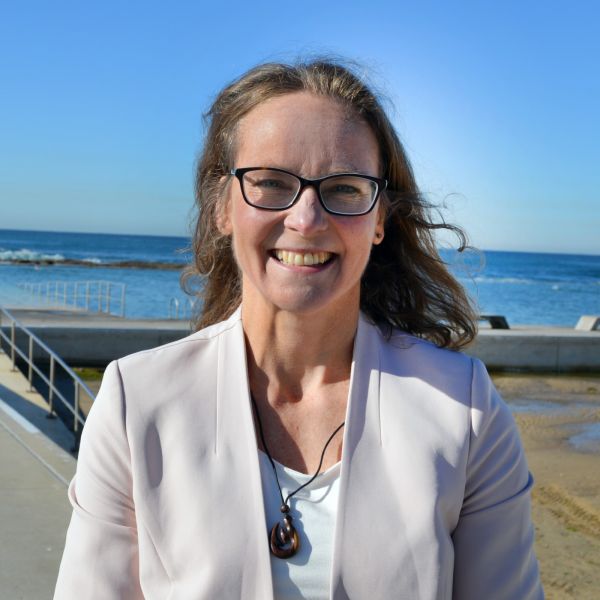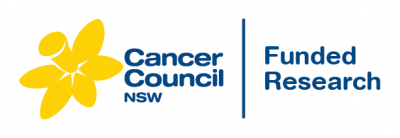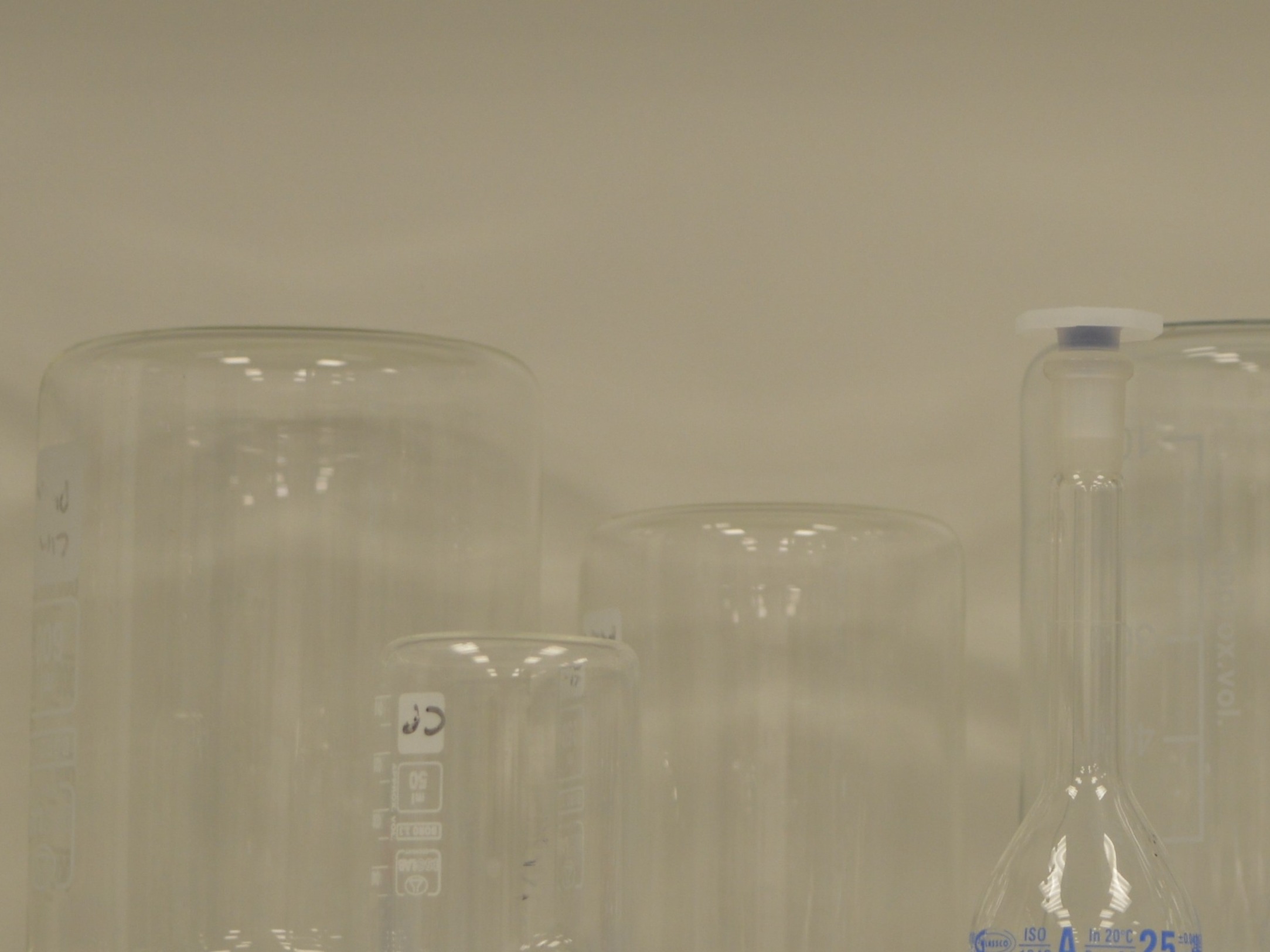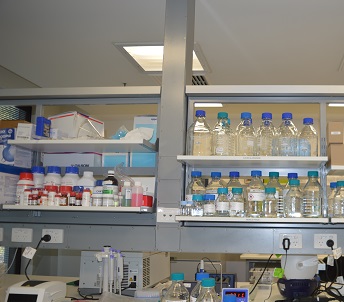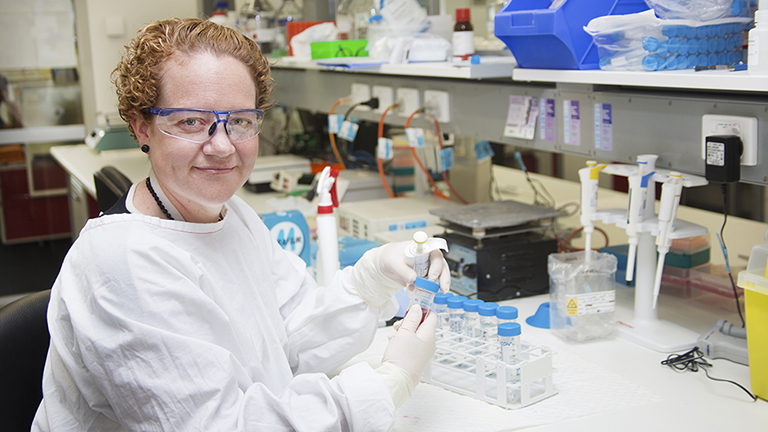
News and Publications
Adults and children with solid tumour and blood cancers and people with significant immunosupression
Prepared by the Cancer and Immunosuppression Working Group, with input from the wider OzSAGE group and outside expertise, this document aims to give broad advice covering categories of people with impairment of their immune system due to various diseases or treatments. There are other medically vulnerable groups due to other serious underlying diseases or co-morbidities, that make them more susceptible to increased morbidity from SARS-COV2 that are out of scope of this document.
A pharmacological framework for integrating treating the host, drug repurposing and the damage response framework in COVID‐19
With any new disease a framework for the development of preventative or treatment therapeutics is key; the absence of such in COVID‐19 has enabled ineffective and potentially unsafe treatments to be taken up by governments and clinicians desperate to have options for patients. As we still have few therapies and nil vaccines yet available, the void of a clear framework for research and practice is increasingly clear. We describe a framework that has been used to prioritise therapeutic research in previous pandemics which could be used to progress clinical pharmacology and therapeutics research in COVID‐19.
Induction into Australian Academcy of Health & Medical Sciences
Professor Jennifer Martin (FRACP, PhD) is being inducted into the Australian Academy of Health and Medical Sciences as a Fellow this week in recognition of her contribution made to health and medical research in Australia, in the area of clinical pharmacology research and education and clinical medicine.
Improving patient outcomes through personalised chemotherapy dosing
Chemotherapy drugs are widely used to treat cancer. However, it is estimated that some patients receiving chemotherapy will receive a dose that is too high for them, and some will receive a dose that is lower than what is needed for optimal effectiveness.
COVID-19: the rise and fall of hydroxychloroquine
THE United States Strategic National Stockpile is laden with 63 million doses of hydroxychloroquine (HCQ) that have no clinical use in coronavirus disease 2019 (COVID-19). This has occurred as the US Food and Drug Administration (FDA) has revoked the emergency use authorisation for the use of HCQ in patients with COVID-19 admitted to hospital for whom a clinical trial is unavailable or not feasible. It is worth reflecting how things ever got to this situation.
Publication - Buying time: Drug repurposing to treat the host in COVID-19H
A “treating the host” approach has the potential to enable
infected people to survive an acute pulmonary/vascular inflammatory
dysregulation with a decreased call on high end health resource.
This approach is increasingly recognized as being important
to patient care.
Repurposing drugs for ovarian cancer
On World Ovarian Cancer Day, the Australian Government announced a $16.2 million investment in eight research projects to help beat Ovarian Cancer.
Associate Professor Nikola Bowden, Professor Jennifer Martin, Dr Michelle Wong-Brown and Dr Penny Reeves from the University of Newcastle and the Hunter Medical Research Institute have successfully been awarded $2.69 million for their Australian Program for Drug-repurposing for Treatment-resistant Ovarian Cancer.
Featured story • 13 Mar 2020
Drug Repurposing: overcoming the translational hurdles to clinical use
Drug repurposing is a methodology for identifying new uses for approved or investigational drugs outside the scope of the original medical indication. In the field of cancer drug development repurposing is of interest because despite the genomic revolution, therapeutic advances have been slow.
New life for tried-and-true cancer drugs
Awarding-winning molecular biologist Associate Professor Nikola Bowden is giving existing cancer drugs new life by combining them in unconventional ways with exciting results.
The University of Newcastle acknowledges the traditional custodians of the lands within our footprint areas: Awabakal, Darkinjung, Biripai, Worimi, Wonnarua, and Eora Nations. We also pay respect to the wisdom of our Elders past and present.


